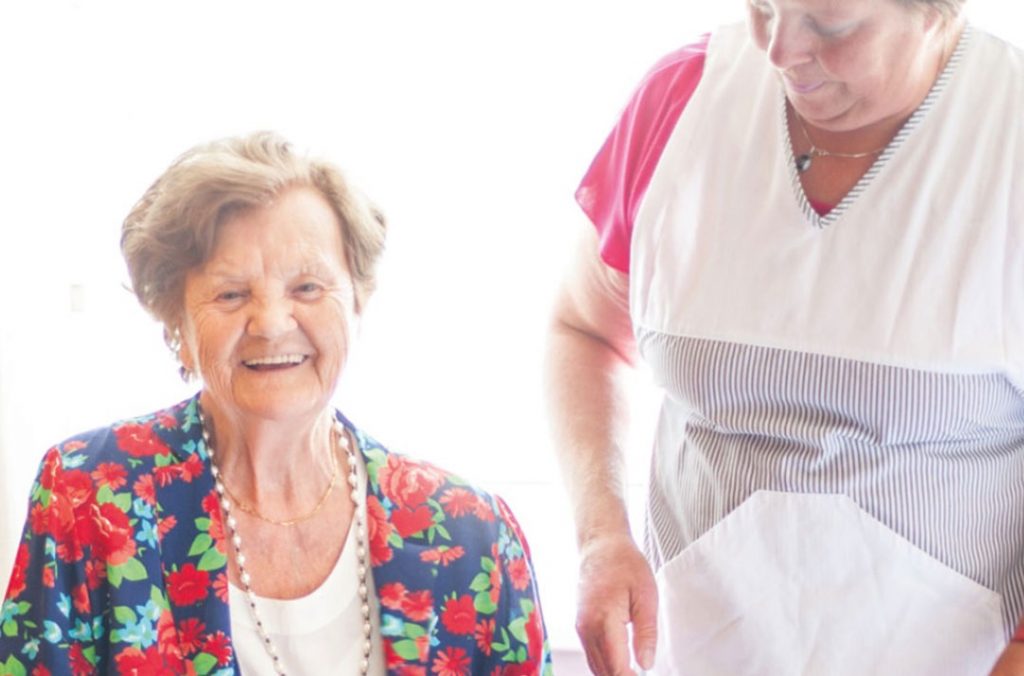Did you think that a live-in carer was set adrift to muddle along as best they could? That really couldn’t be further from the truth. Live-in carers have as much training and support as they need – even self employed live in care jobs. Many providers offer their own in-house support and training courses or you have the possibility of using e-learning to complete nationally recognised, transferable qualifications throughout your tenure as a carer.
-
Professional Development
Most live-in carers have experience in live-in care or home care work before they start on that phase of their career. It is very unusual for someone to start working as a live-in carer if they have not spent some time undertaking care duties of some sort.
Some may have years of experience in residential care homes, hospitals or undertaking daily care visits. Others may have direct experience of caring for a loved one and want to continue once that phase of their life is over.
Most live-in care providers recognise that live-in care is a unique type of job and that it requires careful support and management to get the best out of the carers. To this end they run professional development courses which cover various aspects of caring for elderly people. Carers are encouraged to make use of these programmes to keep their skills and knowledge up-to-date and to benefit from the latest best practice guidance.
-
Specialist Training
There’s a lot more to being a live-in carer than providing two hot meals and a bath daily. Care providers offer courses covering just about every aspect of care, including training covering specific conditions such as Parkinson’s, dementia awareness and stroke care.
-
Supervision
Of course no one expects you to work in isolation. The agency you work for will provide supervision and mentoring to enable you to reach your full potential – just like if you were working in any other type of care job. And of course if that potential is to be a supervisor or mentor then you will be provided with the training necessary to take the step into management.
-
Team Meetings
Unlike other caring jobs you won’t get regular team meetings every shift change to handover your clients. But you will still feel part of a team, keeping in touch through a combination of electronic platforms and regional meetings where you can network with other carers. This gives you the opportunity to share common experiences and to ask for advice from your peers.
-
Between Appointments
With many providers you’re never left on your own – even if you haven’t got a position. Many have guest houses or other accommodation where you can stay until your next appointment where you may well make friends with other carers and can work on your professional development on a more regular basis. Should you wish to there is also the possibility of working towards nationally recognised qualifications such as an NVQ in Elderly Care.




